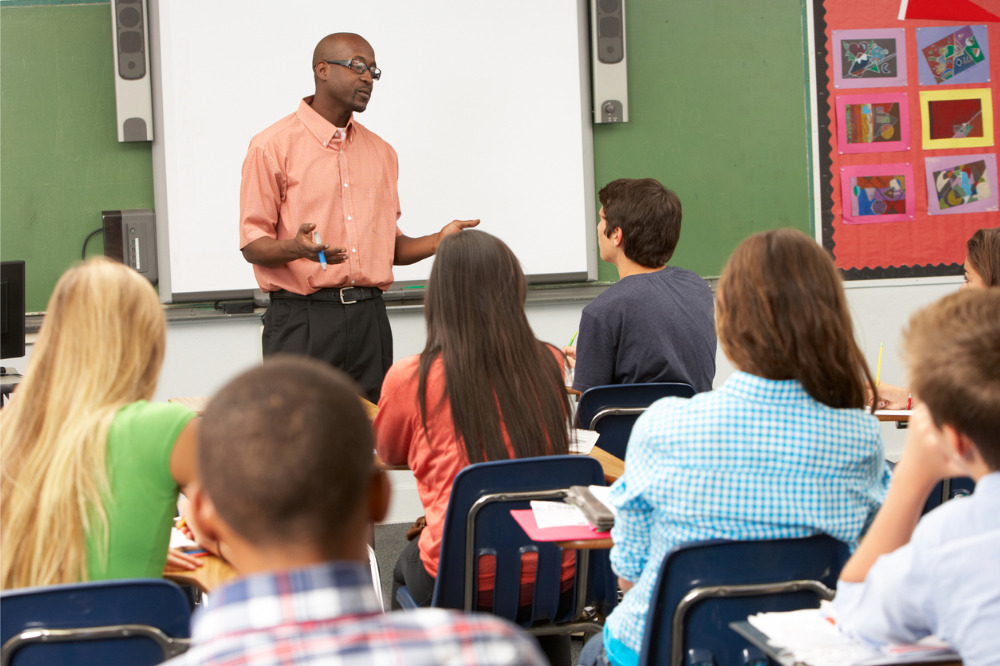
On Tuesday, the Prime Minister unveiled $1.2 billion in further support for apprenticeships and pointed to a better skilled and larger workforce, data and digital advances, and access to reliable, affordable low-emissions energy as essential to our economic future.
All of this is welcome.
Today (Thursday) the Federal Minister for Education steps up for an anticipated speech to address reversing Australia’s declining education standards. This, too, is a positive sign and the nation will be listening.
Not only must we do better for individuals in the classroom but improving student and apprentice outcomes is critical for rebuilding and realigning our nation’s economy.
While schools spending has increased, we are yet to see improved student outcomes – excellence or equity. Most recent PISA results, from 2018 evaluations, showed Australian students continued to decline in science, and showed no improvement in reading and mathematics.
Of serious concern is the sustained gap in achievement between our most and least advantaged students, relatively unchanged since 2015.
There are a couple of possible reasons for this, the obvious go-to that funding levels – even with Gonski boosts – have not yet been enough, for long enough, to move the dial.
But there’s another, and I’d argue more likely, reason that is tougher to address: Changing any system’s product requires hard yards to align motivations with the skills, mindsets and behaviours of the actors involved. A classical ‘principal-agent’ problem.
What we know for certain, with education, is that somewhere in this mix is a scarcity of evidence. While plenty of papers are published each year on theories of knowledge, it seems there aren’t nearly as many looking at empirical analyses of classroom or school-level interventions.
Without evidence, every layer from top to bottom risks getting it wrong and that’s why the recently established Australian Education Research Office (AERO) has a critically important role to play. That said, there are some building blocks of good practice which we do know work, including strong student relationships and robust, two-way feedback; synthetic phonics in the early years; and a mix of explicit teaching and inquiry-based learning.
Also proven is solid peer coaching and instructional coaching, based on student behaviour and student-produced work; supportive and collaborative schools with effective leadership; and initial training and ongoing professional development geared to continuous improvement.
It’s been more than a decade since the OECD’s 2010 paper that used economic modelling to relate cognitive skills, measured by PISA, to economic growth. It spelled out - clear as day - that relatively small improvements in student outcomes could have very positive and significant future benefits for a nation’s economic performance.
Even the modest model of having OECD countries boost average PISA scores by 25 points over a 20 year period suggested an aggregate gain of OECD GDP of USD 115 trillion over the lifetime of that generation.
In the same year, Grattan’s Investing in Our Teachers, Investing in Our Economy report provided Australian insight, noting “A 10% increase in teacher effectiveness improves student performance and, in the longer term, the productivity of the labour force. The increased productivity of Australian workers would increase long-run economic growth by $90 billion by 2050…”
As Australia rebuilds for short term economic recovery and realigns for long term prosperity post-Covid, let’s remember it starts in the classroom. Lifting educational performance is a critical cornerstone.
Our schools are full of nation builders. Let’s deliver the evidence-based, high quality education they deserve.
Their future – and Australia’s – depends on it.
Melodie Potts Rosevear is CEO at Teach For Australia.


